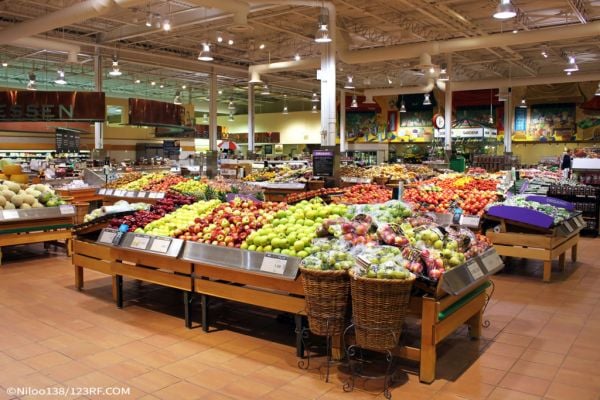The rising tide of meat and dairy alternatives may contribute to 'significantly reducing' the environmental impact of the global food system, a new report by the UN Environment Programme (UNEP) has said.
The UNEP report, What’s cooking? An assessment of the potential impact of select novel alternatives to conventional animal products, stated that the positive impact could be most felt in high- and middle-income countries, provided they use low-carbon energy in production.
It found that meat and dairy alternatives – encompassing novel plant-based meats, cultivated meats from animal cells, and protein-rice products developed from fermentation by microorganisms – show 'significant potential' for reducing greenhouse gas (GHG) emissions, as well as contributing to reductions in deforestation, water and soil pollution and loss of biodversity, not to mention being positive from an animal welfare standpoint.
'A Broader Spectrum'
“New food alternatives will offer a broader spectrum of consumer choices,” said Inger Andersen, Executive Director of UNEP. “Further, such alternatives can also lessen the pressures on agricultural lands and reduce emissions, thereby helping us address the triple planetary crisis - the crisis of climate change, the crisis of biodiversity and nature loss, the crisis of pollution and waste - as well as address the health and environmental consequences of the animal agriculture industry.
"More government support, as well as open and transparent research, can help unlock the potential of these new technologies for some countries.”
The animal agriculture industry significantly contributes to climate change, the report noted, accounting for nearly 60% of food-related greenhouse gas emissions and 14% to 20% of global greenhouse gas emissions through factors like animal emissions, feed production, changes in land use, and energy-intensive global supply chains.
A Just Transition
The authors emphasised the importance of ensuring a 'just transition' through equitable and regionally appropriate approaches to food systems change, as well as reviewing policy options to shift the food industry towards a healthier and more sustainable future.
These include support for open-access research and commercialisation, shifting subsidies, tax rebates, direct financial investments, and loan guarantees to favour novel alternatives.
Read More: Fungal Protein Market Set To Grow At CAGR Of 6% Over Next Decade














